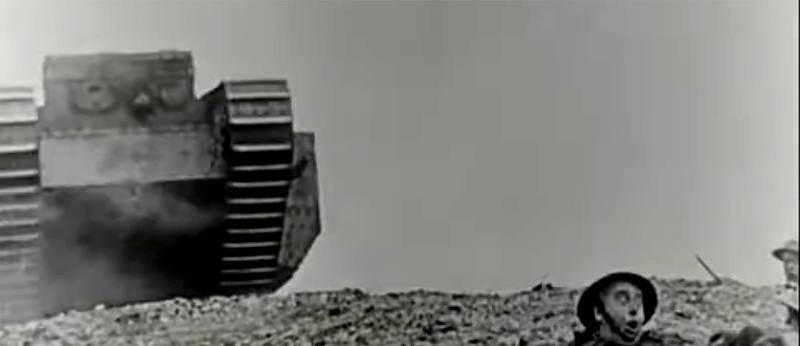While the ‘manufacture of consent’ is an idea now mostly associated with Noam Chomsky, the phrase was actually coined by the US journalist and writer Walter Lippman in his influential book "Public Opinion" (1922) – a fact that Chomsky and Edward Herman, his co-author on "Manufacturing Consent" (1988), readily acknowledge.
Lippman contended that, because the world is too complex for any individual to comprehend, a strong society needs people and institutions specialized in collecting data and creating the most accurate interpretations of reality possible.
When used properly, this information should allow decision makers to ‘manufacture consent’ in the public interest. However, in one of the most damning critiques of democracy, Lippman identifies how public opinion is instead largely forged by political elites with self-serving interests – powerful people manipulating narratives to their own ends.

This video essay from the YouTube channel Then & Now dives into Lippman’s legacy, starting with his study of the rise of the importance of public opinion during the First World War, and extending through an examination of why, a century after Public Opinion, democracy still has a major mass-media problem.
Director: Lewis Waller
Video by Then & Now
Reposted from Aeon under a Creative Commons license. Read the original here.





Comments